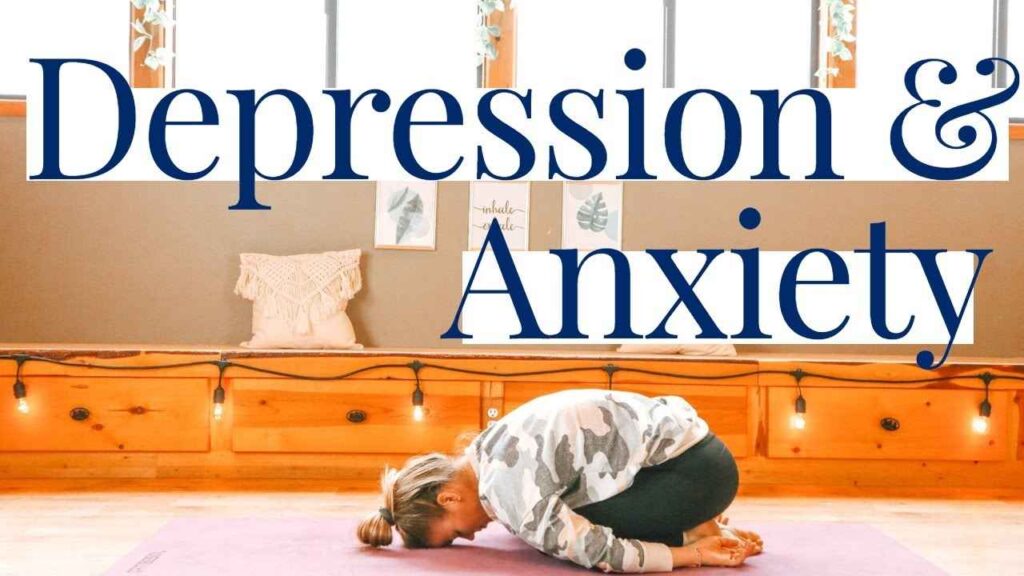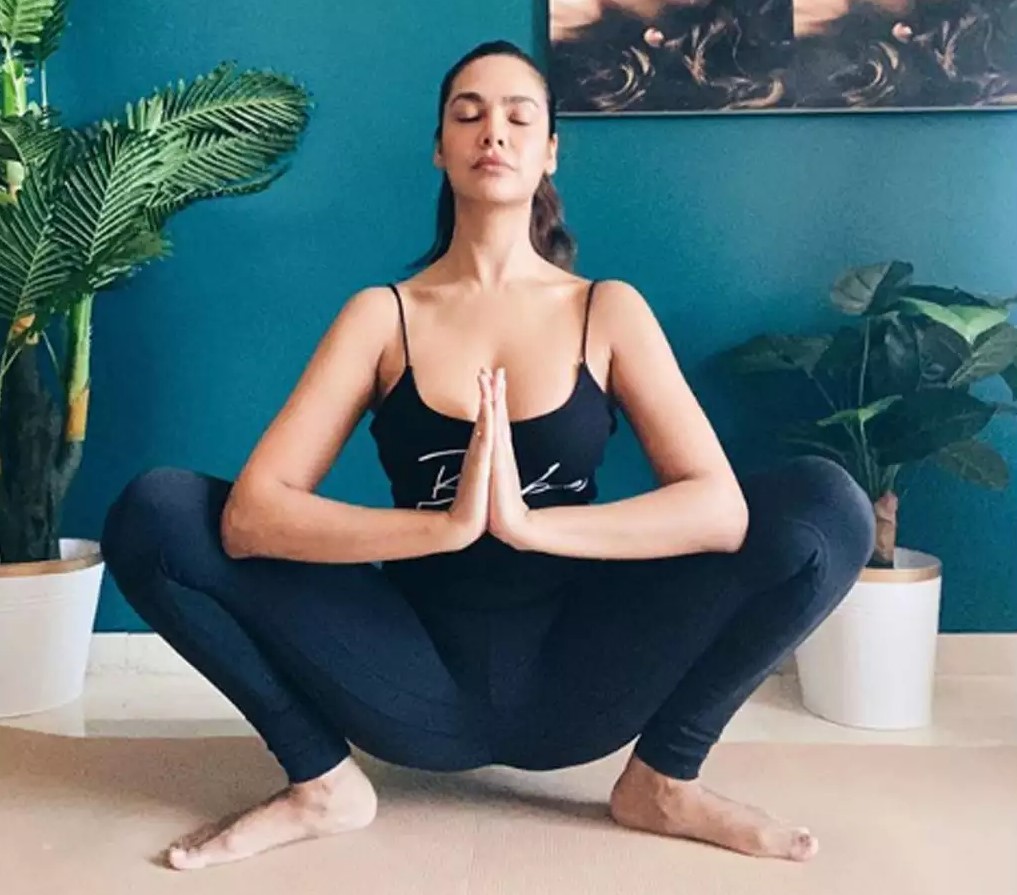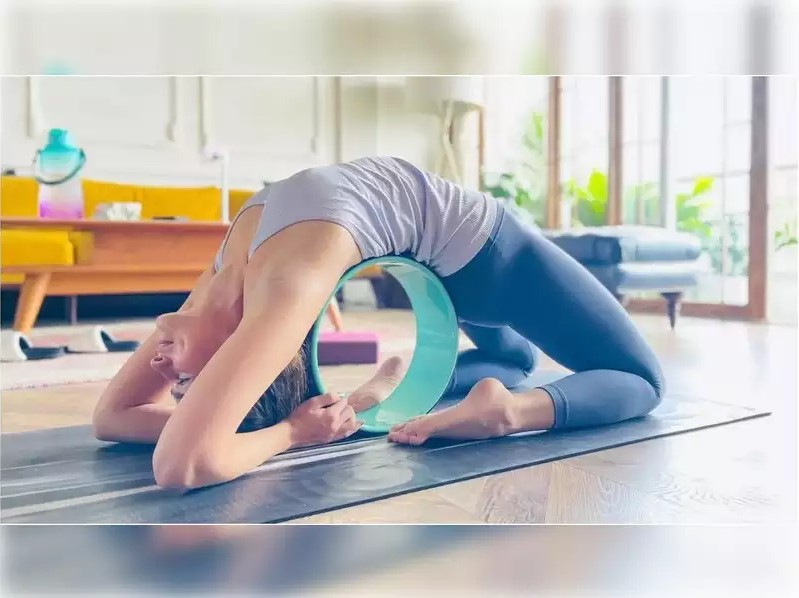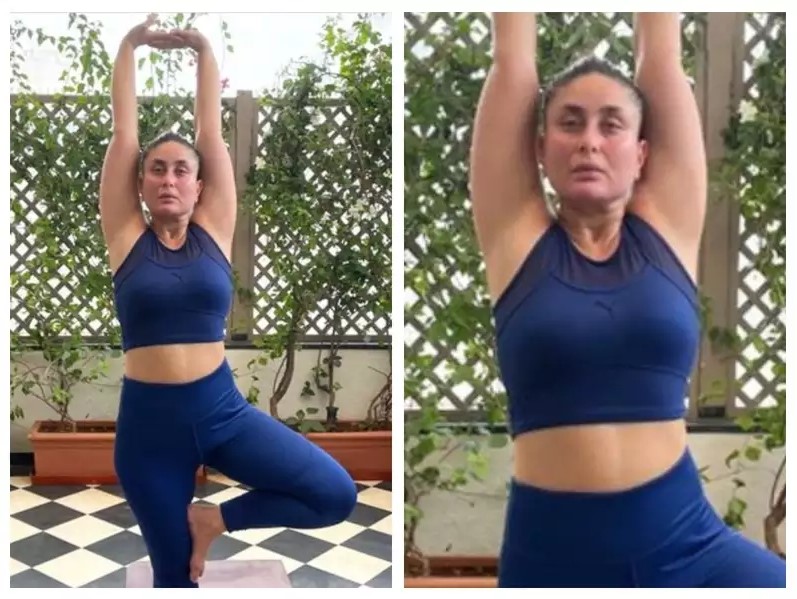Depression and anxiety are two prevalent mental health conditions that affect millions of people worldwide. The conventional treatment methods often involve medication and therapy. However, an increasing number of individuals are turning to complementary and holistic approaches like yoga to manage and alleviate the symptoms of depression and anxiety. This article explores the therapeutic benefits of yoga for depression and anxiety, delving into the physical, mental, and emotional aspects of yoga practice, while highlighting the numerous benefits it offers for these conditions.
Understanding Depression and Anxiety
Depression and anxiety are complex mental health disorders that can be debilitating, affecting an individual’s mood, behavior, and overall well-being. Depression is characterized by persistent feelings of sadness, hopelessness, and a lack of interest in previously enjoyable activities. Anxiety, on the other hand, involves excessive worry, fear, and a heightened state of alertness.
While these conditions have their roots in various factors, including genetics, environmental triggers, and life experiences, they often manifest in physical symptoms like muscle tension, headaches, and fatigue. The interplay between the mind and body is significant in the development and management of depression and anxiety, making yoga a promising holistic approach to addressing these conditions, offering a wide array of benefits for those seeking alternative or complementary therapies
The Science of Yoga
Yoga, an ancient practice that originated in India, combines physical postures (asanas), controlled breathing (pranayama), meditation (dhyana), and ethical principles to promote holistic well-being. The practice of yoga encourages the mind-body connection, focusing on bringing harmony and balance to all aspects of an individual’s life. While the scientific understanding of how yoga works on mental health is still evolving, several theories and research findings suggest its potential efficacy in alleviating depression and anxiety.
Benefits of yoga for depression and anxiety
-
Neurobiological Effects of Yoga:
Yoga has been shown to affect the brain’s structure and function positively. Regular practice of yoga has been associated with changes in the amygdala, a brain region responsible for processing emotions, and the prefrontal cortex, which plays a crucial role in emotional regulation. These changes can lead to improved emotional control and reduced symptoms of depression and anxiety.
-
Stress Reduction:
One of the primary mechanisms through which yoga benefits mental health is by reducing the body’s stress response. The practice of yoga, especially mindful breathing and relaxation techniques, can activate the parasympathetic nervous system, responsible for calming the body’s stress response. Lowering cortisol levels and reducing overall stress is essential in managing depression and anxiety.
The Physical Aspect of Yoga
The physical postures and movements in yoga (asanas) contribute to improved physical well-being, which in turn positively impacts mental health. Yoga asanas are designed to enhance flexibility, balance, and strength. Here’s how the physical aspect of yoga can help combat depression and anxiety:
-
Releases Tension:
Individuals with depression and anxiety often experience physical tension in the form of muscle tightness and discomfort. Yoga postures gently stretch and release muscle tension, providing a sense of physical relief and relaxation.
-
Enhances Body Awareness:
Yoga encourages individuals to become more attuned to their bodies, helping them recognize the physical manifestations of stress and anxiety. This heightened awareness allows for early intervention to prevent the exacerbation of emotional symptoms.
-
Promotes Mind-Body Connection:
The focus on coordinating breath with movement in yoga enhances the mind-body connection. This synchrony fosters a sense of control and presence in the moment, which can counteract the ruminative and intrusive thoughts common in depression and anxiety.
The Mental Aspect of Yoga
Yoga’s impact on the mind goes beyond physical benefits. It also incorporates techniques for mental well-being, which are particularly helpful in managing depression and anxiety:
-
Mindfulness and Meditation:
Yoga includes mindfulness and meditation practices that encourage individuals to stay present and develop non-judgmental awareness of their thoughts and emotions. This helps break the cycle of negative thinking that characterizes depression and anxiety.
-
Emotional Regulation:
Yoga teaches individuals to cultivate emotional intelligence, allowing them to identify and manage their emotions better. This can be a valuable skill in coping with the emotional turbulence associated with depression and anxiety.
-
Improved Sleep:
Many individuals with depression and anxiety struggle with sleep disturbances. Yoga can help regulate sleep patterns by reducing hyperarousal and promoting relaxation. Better sleep quality can significantly impact mood and anxiety levels.
The Emotional Aspect of Yoga
Emotions play a crucial role in the experience of depression and anxiety. Yoga fosters emotional well-being through various means:
-
Self-Compassion:
Yoga encourages self-compassion and self-acceptance, which is essential in countering the self-critical and negative self-talk often present in depression and anxiety.
-
Emotional Release:
The physical practice of yoga can release pent-up emotions and promote catharsis. This can be particularly beneficial for individuals who tend to suppress their emotions.
-
Community and Support:
Yoga classes often provide a sense of community and support, fostering connections that combat feelings of isolation and loneliness, common in depression and anxiety.
Conclusion
Yoga offers a holistic approach to addressing depression and anxiety by targeting the physical, mental, and emotional aspects of these conditions. While yoga should not be considered a standalone treatment for moderate to severe depression and anxiety, it can be a valuable complementary tool to traditional therapies and medication. For mild cases or as a preventative measure, yoga may be sufficient on its own.
The integration of yoga into a treatment plan should be individualized, taking into account the unique needs and preferences of each person. With the guidance of experienced instructors and healthcare professionals, individuals can harness the healing potential of yoga to embark on a journey toward improved mental health, increased self-awareness, and overall well-being.
“Incorporate the ancient wisdom of yoga into your journey to emotional well-being and rediscover the power within you to heal, find balance, and embrace a life free from the shadows of depression and anxiety. By harnessing the numerous benefits of yoga for depression and anxiety, including stress reduction, improved emotional regulation, enhanced self-awareness, and better sleep, you can pave the way to a brighter, more peaceful future.”

















